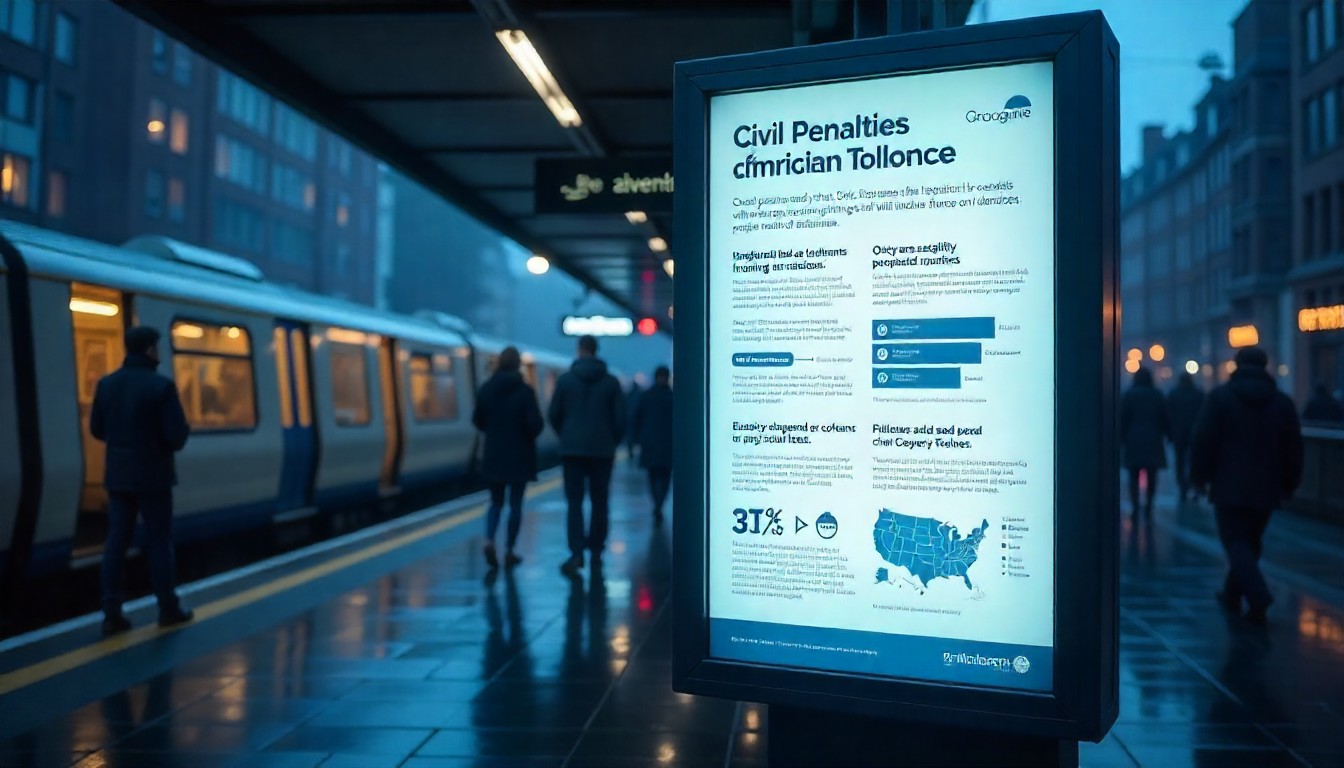
For UK businesses and landlords, the landscape of immigration compliance is dominated by two significant and parallel risks: the penalty for employing an illegal worker and the penalty for renting to a person without the “Right to Rent.” Both are types of Civil Penalties in UK immigration law, designed to place a duty on businesses and individuals to help enforce immigration control.
While they target different activities, these two schemes are built on the exact same legal DNA. They share a common principle of defence and a similar enforcement process. Understanding both the similarities and the key differences is essential for any business or landlord to build a single, robust compliance strategy that protects them on all fronts. This comparative guide provides that clarity. At Immigration Solicitors4me, we are experts in advising on this unified approach to compliance.
The Offence: Who is Held Responsible?
The first point of comparison is who the law targets.
- Illegal Working Penalty:The liability for this penalty falls on any and every employer in the United Kingdom, regardless of size or sector. This includes everything from a multinational corporation hiring hundreds of people to a small, family-run restaurant hiring a single kitchen porter.
- Right to Rent Penalty:The liability here is more specific. It falls on private landlords in England only. The Right to Rent scheme does not currently apply in Scotland, Wales, or Northern Ireland. This geographical distinction is a critical difference.
The Financial Stakes: A Comparison of the Penalties
While both penalties can be substantial, the financial risk is not equal.
- Illegal Working Penalty:This is the more severe of the two, reflecting the government’s high priority in tackling illegal employment. The potential fine is a staggering up to £20,000 for each illegal worker.
- Right to Rent Penalty:The fines for landlords are lower but can still be significant, especially for those with multiple properties. The penalty is up to £3,000 for each disqualified tenant.
This clear difference in the penalty amount underscores the particularly severe financial risk that employers face.
The Defence: The Universal Power of the “Statutory Excuse”
This is the most important area of similarity and the key to protecting your business. The legal defence against both types of penalty is almost identical. It is called establishing a “statutory excuse.” You have a complete and automatic defence if you can prove you correctly carried out a simple, prescribed check before the employment or tenancy began.
This universal process involves three steps:
- OBTAIN:Get the individual’s original, valid identity documents from the official Home Office lists.
- CHECK:Verify the document’s authenticity and that it belongs to the person in front of you.
- COPY:Take and retain a clear, dated copy of the document.
This single, robust process is the universal key to avoiding all immigration-related Civil Penalties in UK. A diligent check protects you, whether you are hiring a new employee or letting a property.
The Wider Consequences: Beyond the Initial Fine
The damage from a civil penalty can extend far beyond the financial hit.
- For Employers:A penalty for illegal working can have catastrophic business consequences. The company can be publicly “named and shamed” by the Home Office, causing immense reputational damage. Crucially, it can also lead to the revocation of a Sponsor Licence, destroying a company’s ability to hire any skilled talent from overseas.
- For Landlords:While there is no sponsor licence to lose, a record of non-compliance can lead to increased scrutiny from the authorities and, in repeated or egregious cases, can even lead to criminal prosecution.
A Unified Compliance Strategy with Immigration Solicitors4me
Whether you are an employer, a landlord, or both, your defence against Civil Penalties in UK rests on a single, unified compliance strategy built around the “statutory excuse.” At Immigration Solicitors4me, we are experts in helping businesses and landlords implement this.
- We provide holistic compliance auditsthat review both your Right to Work and your Right to Rent procedures.
- We offer bespoke trainingfor your staff that covers the checking requirements for both schemes.
- In a crisis, we provide expert legal defenceagainst either type of penalty notice.
One Process to Protect Your Business
The message for businesses is clear. By implementing one diligent, well-documented, and consistently applied checking process for every new hire and every new tenant, you can protect your entire business from the full spectrum of Civil Penalties in UK.
To build your unified compliance strategy, contact the experts at Immigration Solicitors4me today.
